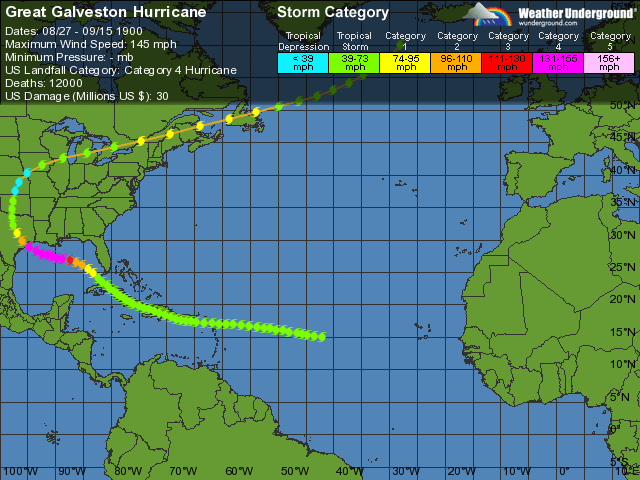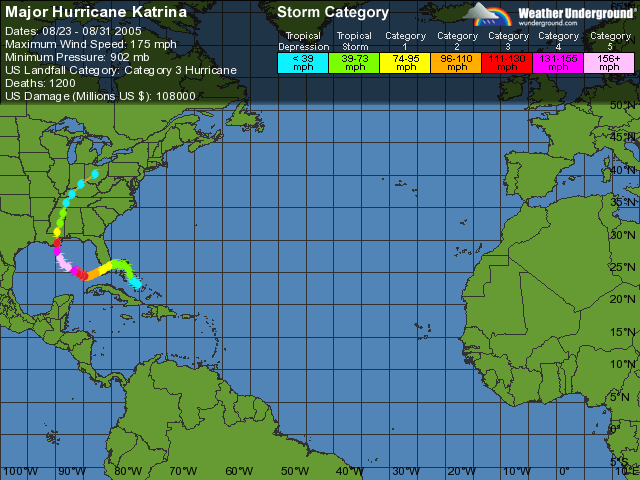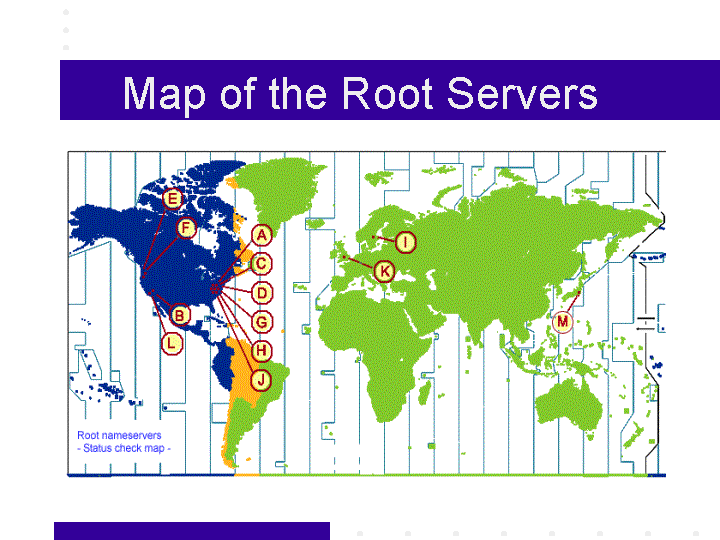“In retrospect, the spark might seem as ominous as a financial crash, as ordinary as a national election, or as trivial as a Tea Party. The catalyst will unfold according to a basic Crisis dynamic that underlies all of these scenarios: An initial spark will trigger a chain reaction of unyielding responses and further emergencies. The core elements of these scenarios (debt, civic decay, global disorder) will matter more than the details, which the catalyst will juxtapose and connect in some unknowable way. If foreign societies are also entering a Fourth Turning, this could accelerate the chain reaction. At home and abroad, these events will reflect the tearing of the civic fabric at points of extreme vulnerability – problem areas where America will have neglected, denied, or delayed needed action.” – The Fourth Turning – Strauss & Howe
A Japanese bond “Fukushima”
Although the US is the largest debtor nation in the world, Japan has the largest debt to GDP (230%), closely followed by Greece (175%), Italy (125%), and the US (100%). Japan’s annual budget deficit is nearly 10% of GDP, or $586 billion. Currently, the interest rate on Japanese ten-year government bonds is less than 1% (the lowest in the world). However, the Japanese Prime Minister Abe plans on changing this as WSJ recently reported.
“The 2% inflation target means continuing monetary easing until the target level is accomplished,” Mr. Abe said. “It also means keeping inflation in check at around that level,”
If the interest rates do rise as much as 4 points, this would cause their annual deficits to double, that is, to equal 20% of their GDP. A Japanese debt crisis would not have the same effects as Greece’s debt crisis did; they would be much worse. Japan has the second largest bond market in the world after the US. Also, the Japanese public pension fund (the largest in the world) has stated their intentions to re-balence their portfolio after Japanese PM Abe’s statement which they believe could erode the value of its bond holdings. From Bloomberg;
“Managers of the Government Pension Investment Fund, which oversees about 108 trillion yen ($1.16 trillion) in assets, will begin talks in April about reducing its 67 percent target allocation to domestic bonds, President Takahiro Mitani said in a Feb. 1 interview in Tokyo. The fund may increase holdings in emerging market stocks and start buying alternative assets.”
Abe’s new economic policies of embarking on quantitative easing until they reach their inflation expectation could be disastrous for Japan, as pointed out by acclaimed hedge fund manager Kyle Bass. From CNBC;
“For the past 20 years, the thinking among Japanese politicians, businessmen and investors is that Japanese bonds are safe, the yen does nothing but strengthen, and they have persistent deflation. With 2 percent inflation these expectations will change quickly and the yen will collapse and they’ll lose control of interest rates.”
Kyle also predicts that the bomb in Japanese interest rates will detonate within two years. If this event happens, could it create a global selling of Japanese debt? And consequently a domino effect with other government debt? And thereby collapsing the US debt market which could send the US dollar into hyper-inflation?
Oil Embargo part deux
In response to the United States’s support to Israel during the 1973 Arab-Israel war (Yom Kippur), major Arab OPEC nations led by Saudi Arabia caused an oil embargo to the US, which heavily restricted the supply of new oil and dramatically increased the price of oil for the US. The result? The price of oil more than quadrupled. Over 20 percent of all oil sold in the world goes through the Strait of Hormuz, between the Persian Gulf and the Gulf of Oman. On an average day, approximately 14 tankers carrying 17 million barrels (2,700,000 m3) of crude oil flows through this straight. If the flow of oil were halted from this gateway, it would change the global economy overnight. A quadruple in today’s oil price would be over $380/barrel!
The inelastic demand for oil causes the economy to operate under a Petro-business cycle. When the price of oil is high, it can severely restrict the ability of an economy to function as the cost of most items rise. As we witnessed in 2008, the price of oil rose to a record high of $147/barrel before crashing the rest of the economy.
If another war were to break out in the Middle East, causing another oil embargo to the US, it would greatly cripple the US economy. Of course, this is but one of many events that could cause the price of oil to dramatically increase.
This happened in the 1970’s, but in that decade, personal and national debt was manageable. The US also had a balanced budget. Today, the US operates under trillion-dollar deficits and a national debt larger than 100% of its GDP. A significant increase in oil prices could again crash the US economy, but will the US government bail out the “too-big-too-fail” corporations once again? Will individuals flee to the US dollar as a safe-haven? Or perhaps, will individuals run into gold and silver as a safe-haven this time around? In 2008, this was not the case: individuals still rushed to the US dollar as a safe-haven, for the Fed at the time was not overtly engaged in currency wars. Today, however, the psychology of investors is slowly changing as investors are slowly coming to realize the magnitude of systemic financial failure. This could mark a pivotal change in investor behaviour, especially if a major war breaks out in the Middle East.
Student loan debts: the new sub-prime debt crisis?
According the US debt clock, student loan debt is just over a trillion dollars, which is more than credit card debt in the US. However, unlike credit card debt, student loan debt is incredibly difficult to get rid of, even in a bankruptcy. Your wages, tax refunds, and even your social security could be garnished if you fail to pay these loans. A real tragedy.
Why aren’t students warned about this prior to enrolling into university? Instead of conventional wisdom speeches along the lines of “go to school, get good grades, and get a good job,” why isn’t there more done to warn students about what lies ahead? Where is the cornucopia of jobs for these students? The average student loan at graduation is over $28,000; many of these grads are faced with the demoralizing reality that they must work at places that do not require a degree just to pay off their debt. This figure of debt has actually increased over 500% over the past decade.
In 1952, a full year of tuition at Harvard was only $600, or 17.6 oz of gold. Today, tuition is over $36,000, or 22.5 oz of gold. Even in terms of gold, that is over a 27% increase!
Once a upon a time, a university degree guaranteed you a good standard of living; today it guarantees modern serfdom for most graduates. During 2011, 53% of all Americans with a bachelor’s degree under the age of 25 were unemployed or underemployed. As a result of this, student loan delinquencies continue to surge; in fact, they have doubled since 2005. According to the Department of Education, the student default rate at a for-profit school in now at 22.7%. At the peak of the real-estate bubble in the US, 20% of individuals were facing foreclosure with their properties. However, unlike the real-estate, the only collateral student loans have is themselves.
At this point there are about 5.9 million Americans that are at least 12 months behind on their student loan payments. Even if technically students can’t declare bankruptcy on their student loan debt, if they do not work and if they join the other 50 million of Americans on food stamps, how exactly will the creditors and debt collections retrieve their money? The student loan bubble could very well became the new sub-prime crisis. Remember that student loans are federal loans; like in the sub-prime crisis, will the Fed again come to the rescue and purchase the new “toxic assets” when student loans burst? If the student debt bubble bursts, this could be yet another black swan event whereby individuals across the globe lose confidence in the US government, triggering a massive revolt, a major sell-off of US debt, and consequently the collapse of the dollar.
Return of the Great Galveston – Natural Disaster
Most people believe that Hurricane Katrina was the most destructive hurricane recorded in US history. This is simply not true. According to the Weather Underground, Hurricane Katrina takes the third spot. The Great Galveston Hurricane in 1900 was the deadliest reported hurricane up to now. This categor-4 hurricane reportedly killed over 8,000 people. Katrina was a category 3 with 1,200 reported deaths.
You cannot really compare the costs of damages of each hurricane as there is a big difference in landscape between 1900 and 2005. The impact of another great Galveston today could seriously put the already heavily indebted US in major financial difficulties, causing it to default on its debt and consequently collapse the dollar. The government cannot just keep on printing money and increasing the debt, especially when interest is being compounded. Any contradictions to this is simply linear thinking. Like any responsible individual, the government should be saving for a rainy day–but of course, it doesn’t. It is in over $16 trillion in debt.
Internet BLACK OUT
Although nobody technically owns the internet, the closest thing to a single group that does is ICANN. This private non-profit organization manages the nine main DNS servers of the world. A DNS server is when you type in “economicreason.com” in your address bar, there is no single computer called “economicreason.com”, but your computer still knows where to go because there’s an IP address associated with every domain name. These DNS servers connect the dots from IP address to domain name, much like a telephone book (names to numbers).
What would happens if all nine servers got attacked? Well, it has been attempted before, with limited success. But even if you destroyed the main DNS servers, the internet would still exist; it would just be much harder to use. You’d have to memorize the IP address of each domain name instead. But who really does that? I’m sure that many people with cell phones don’t even know most phone numbers by heart on their contact list. Let’s face it: today we are addicted to the internet, and if these DNS servers were to go offline, it would undoubtedly cause a panic. Simple tasks like paying for your bills online or transferring money would be a lot harder than you think.
In this black swan event, you could expect many more individuals withdrawing money from banks and using “old-fashioned” means to pay for items (i.e. like using cash). However, most banks around the world operate under a fractional reserve banking system where they lend more money than they have in deposits. An increase in people removing money from banks world-wide could cause a total banking failure, whereby governments would try to bail them out once again, causing more debt, inflation, and a loss of confidence. This is the problem with a fiat currency: it is not backed up by anything of real value. Since there is no backing, it is backed up with trust and confidence by the “people”. If that fails, people resort to other means of exchange, and there are plenty of real life examples of alternative currencies (Bitcoin, goldmoney, barter networks, etc.)
In reality, the state of the economic condition of the US is so fragile that anything could really trigger an event which would lead to the demise of the US dollar. Individual psychology can quickly revert once a “breaking point” has been reached.
If you enjoy reading these articles, help promote them by sharing them and subscribing to our email list. You can also email me at info @ economicreason.com with any questions/suggestions/comments on how to bring extra value to you.
Any other black swan events? Post it below.








